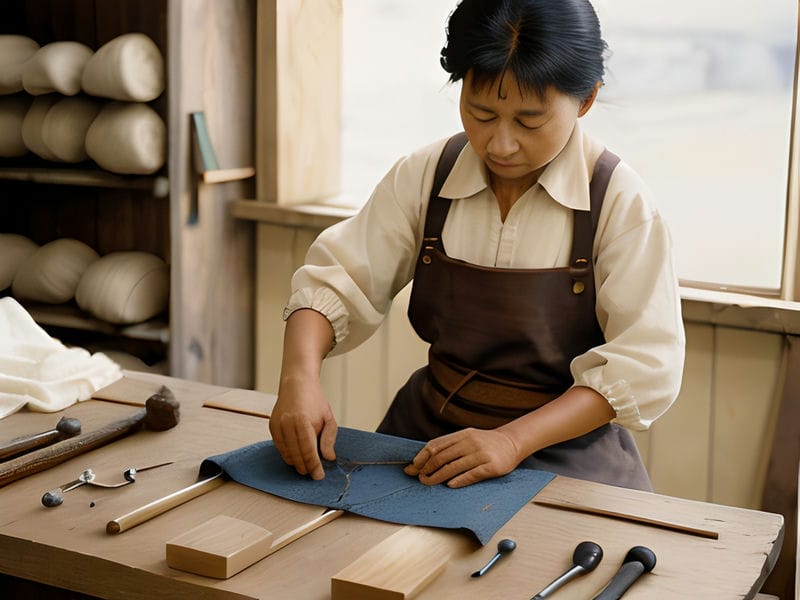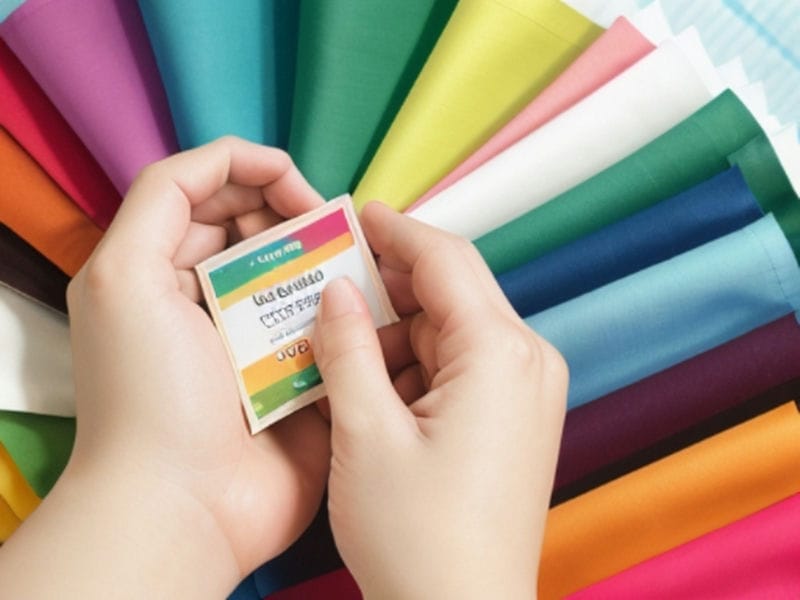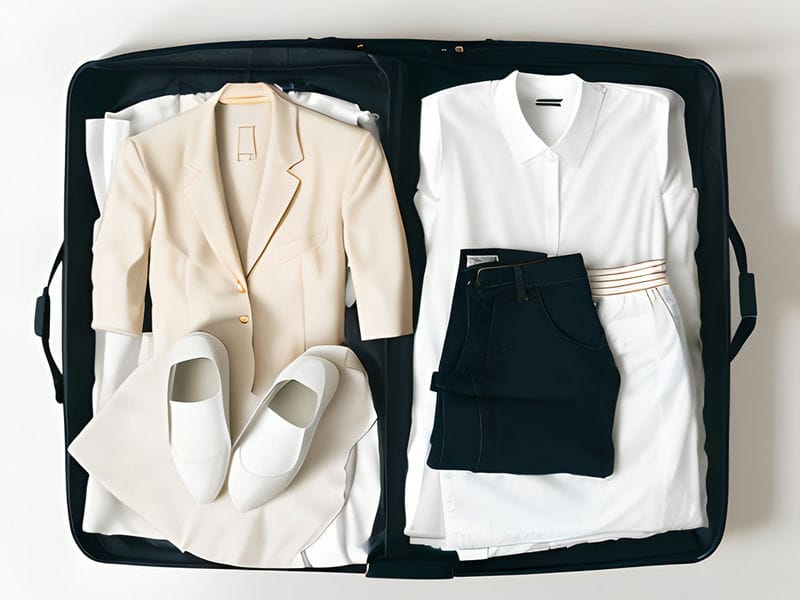Tips for Maintaining and Repairing Your Clothes
The impact of fast fashion on the environment and workers
Maintaining and repairing your clothes is an essential aspect of taking care of your wardrobe. Fair trade fashion supports artisans worldwide The Role of Consumer Behavior in Sustainable Fashion OEKO-TEX Standard. Ethical labor practices ensure fair treatment of workers Organic and Natural Fiber Fabrics Recycled Wool. It not only helps you save money in the long run but also allows you to extend the life of your favorite pieces.
One of the main reasons why maintaining and repairing clothes is important is that it helps prevent unnecessary waste. By fixing small tears, replacing missing buttons, or mending loose seams, you can avoid throwing away garments that are still perfectly wearable. This not only reduces your environmental impact but also promotes sustainability in fashion.
Additionally, keeping your clothes in good condition through regular maintenance and repairs ensures that they always look their best. Whether it's a simple hemming job or a more complicated stitching task, taking care of minor issues promptly can make a huge difference in how polished and put-together you appear.
Moreover, maintaining and repairing your clothes allows you to showcase your personal style and creativity. You can customize and embellish your garments with unique patches, embroidery, or other decorative elements to give them a fresh new look without having to buy something new.
In conclusion, maintaining and repairing clothes is an important practice that benefits both you and the environment. By taking care of your wardrobe items properly, you not only save money and reduce waste but also have the opportunity to express yourself creatively through fashion. So next time you notice a loose thread or a missing button on your favorite shirt, consider giving it some TLC instead of tossing it aside - your wallet and Mother Earth will thank you!













